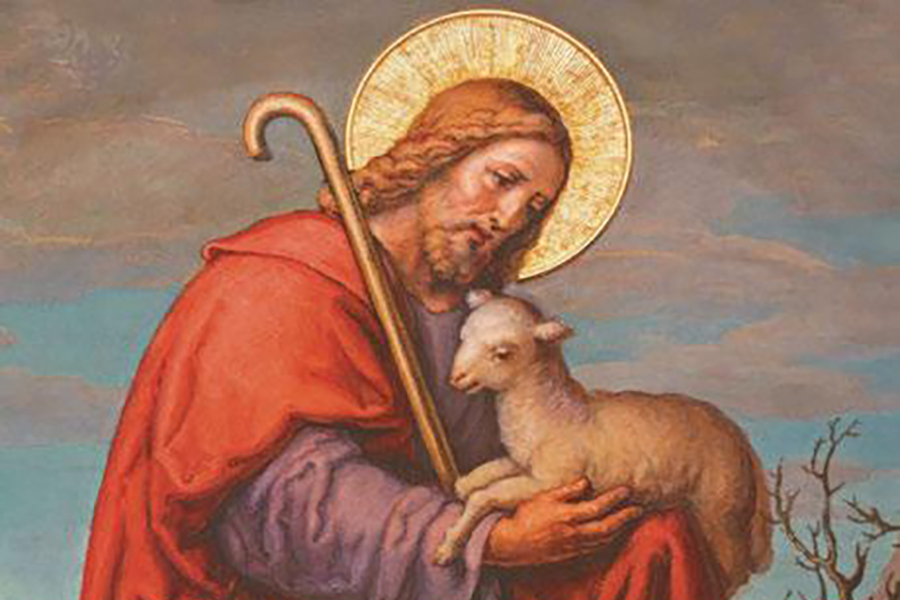St. Francis of Assisi Weekly Reflections

I Am the Good Shepherd
04-21-2024Weekly ReflectionWe Celebrate Worship Resource, Vol. 49, No. 1“I am the good shepherd,” Jesus tells his disciples, “[who] lays down his life for the sheep” (John 10:11). Much later, after Jesus’ death and resurrection, his disciples realized that he meant that literally. Jesus loves us and cares for us so much that he sacrificed his life for us, giving his life to save us. He calls us now to care for those we love, to put their needs and desires before our own. In this way, we imitate him, our Good Shepherd. Moreover, he tells his disciples that he is also the good shepherd for the “other sheep that do not belong” (10:16), Indeed, he gives his life on the cross so that all may be saved. In today’s first reading, Peter invokes this saving power after healing a handicapped person, who could be called one of the “other sheep that do not belong.” Peter invokes this saving power over illness, injury, and even death. Similarly, we are challenged to care not only for those we love, but also for the other sheep that do not belong, for were are, through God’s love, all children of God.
How can you imitate the Good shepherd in caring not only for the members of your own flock but also for others who “do not belong”?
Yo Soy El Buen Pastor
“Yo soy el buen pastor”, dice Jesús a sus discípulos, “[que] da su vida por sus ovejas” (Juan 10:11). Mucho más tarde, después de la muerte y resurrección de Jesús, sus discípulos se dieron cuenta de que lo decía era literalmente. Jesús nos ama y se preocupa tanto por nosotros que sacrificó su vida por nosotros, para salvarnos. Él nos llama ahora para cuidar a los que amamos, para poner sus necesidades y deseos antes que los nuestros. De esta manera, lo imitamos, nuestro buen pastor. Además, le dice a sus discípulos que él también es el buen pastor para las "otras ovejas que no son de este redil" (10:16), de hecho, da su vida en la cruz para que todas puedan salvarse. En la primera lectura de hoy, Pedro invoca este poder salvador después de curar a una persona discapacitada, que podría llamarse una de las “otras ovejas que no pertenecen”. Pedro invoca este poder de salvación sobre la enfermedad, las lesiones e incluso la muerte. Del mismo modo, tenemos el desafío de preocuparnos no solo por aquellos que amamos, sino también por las otras ovejas que no pertenecen, porque son, a través del amor de Dios, todos los hijos de Dios.
¿Cómo puedes imitar al buen pastor al cuidar no solo a los miembros de tu propio rebaño sino también a otros que “no pertenecen”?
BACK TO LIST